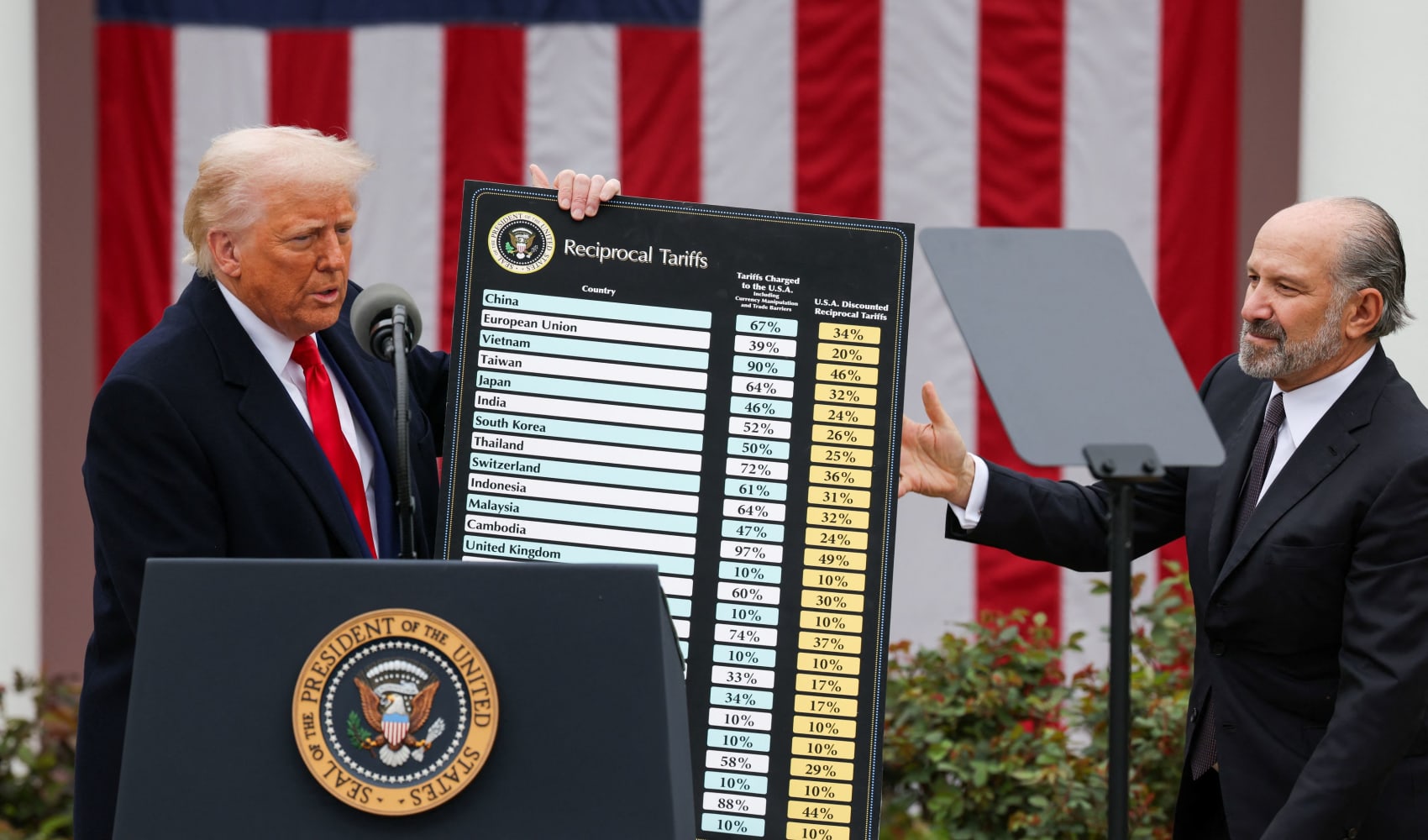![[CNBC] We should all seek external validation, Stanford psychologist says: ‘That is true intimacy’](https://media.nbcsandiego.com/2025/03/107412187-1715183734384-gettyimages-1200475226-dsc07058.jpeg?quality=85&strip=all&resize=320%2C180)
[CNBC] We should all seek external validation, Stanford psychologist says: ‘That is true intimacy’
You can't control how other people see you, so needing — or demanding — that someone else understand your perspective has always seemed like a flaw to me. And depending on the approval of others feels risky because there is no guarantee you'll actually get it.
That's why I was surprised when Caroline Fleck, an adjunct clinical instructor at Stanford University, told me that the "biggest misconception" about validation is that we should not seek it.
"I think we need to abandon the idea that external validation, seeking it or wanting it, makes us weak," Fleck, who authored the book "Validation," tells CNBC Make It.
Validation can give us confidence, help us navigate conflict, and aide us in smoothing out a romantic skirmish.
Get top local stories in San Diego delivered to you every morning. Sign up for NBC San Diego's News Headlines newsletter.
Though, this doesn't mean you should only associate with people who agree with you and applaud your every decision. "People confuse validation with praise," Fleck says.
Praise is a judgment and can look like a friend complimenting your Instagram post or a manager giving you an award.
"Praise is problematic because you could end up contouring yourself in all sorts of ways to meet other people's expectations to earn their approval," Fleck says.
Money Report
The purpose of validation is to feel understood. Friends who help you feel seen, even if they don't totally agree with you, can improve your well-being, she says.
"That is true intimacy," Fleck says. "Sharing something that you feel somewhat embarrassed about or ashamed of with someone and having them respond with just total understanding and acceptance. It's a situation in which you might expect to feel rejected, but instead you feel like you grow closer to the person."
How to use validation during an argument
Validation is one of the most powerful tools in bridging divides, Kurt Gray, a social psychology professor at the University of North Carolina, Chapel Hill told CNBC Make It earlier this year.
"So often we go into these conversations and it's not a conversation," Gray said. "It's a chance to score points or try to make the other person look stupid. A real conversation is something where you ask questions."
Gray recommends taking three steps to have better conversations with a person you disagree with:
- Try to understand their motivation: Ask questions and express genuine curiosity as to how they came to their conclusion.
- Validate that motivation: Even if you don't agree with their point, you can affirm that you understand how they got there.
- Emphasize your personal connection: Instead of peppering them with facts, be vulnerable and tell them why you disagree with them on a personal level.
Others are more likely to find some merit in your argument if you share a personal anecdote, as opposed to some statistics, to show why you stand where you do.
"Establishing a connection with someone, seeing them as a fellow human being, I think it goes a long way," Gray said.
Both of you will leave feeling better and more respected if you at least make an attempt to understand each other.
Want to earn some extra money on the side? Take CNBC's new online course How to Start a Side Hustle to learn tips to get started and strategies for success from top side hustle experts. Sign up today and use coupon code EARLYBIRD for an introductory discount of 30% off $97 (+taxes and fees) through April 1, 2025.






